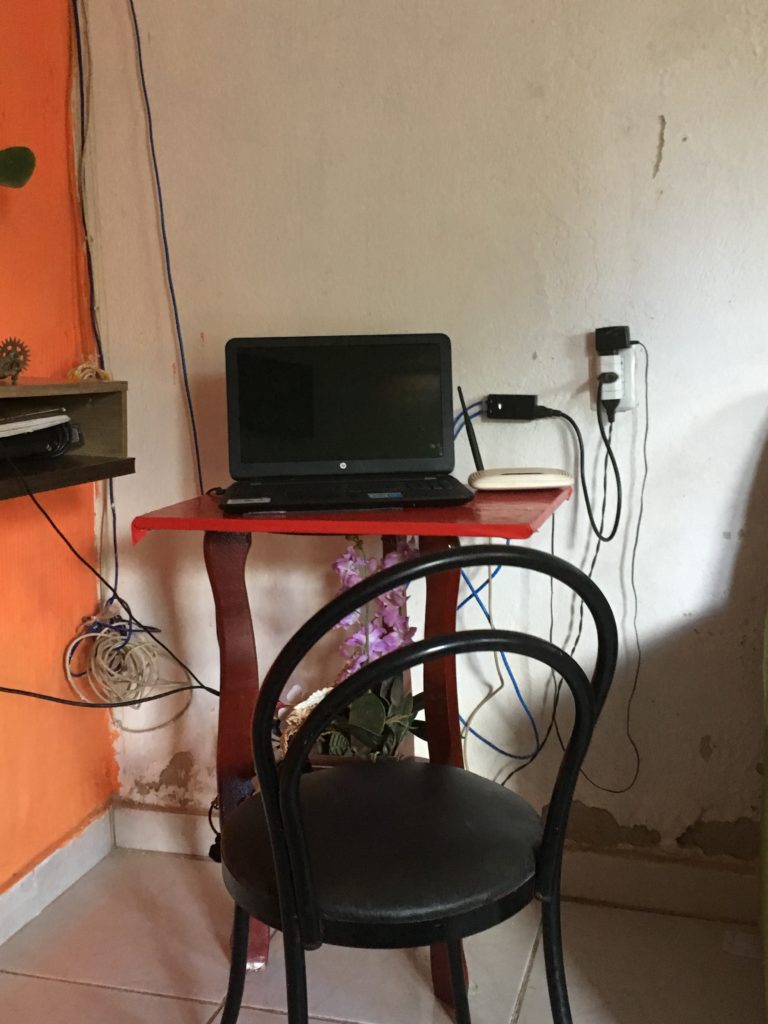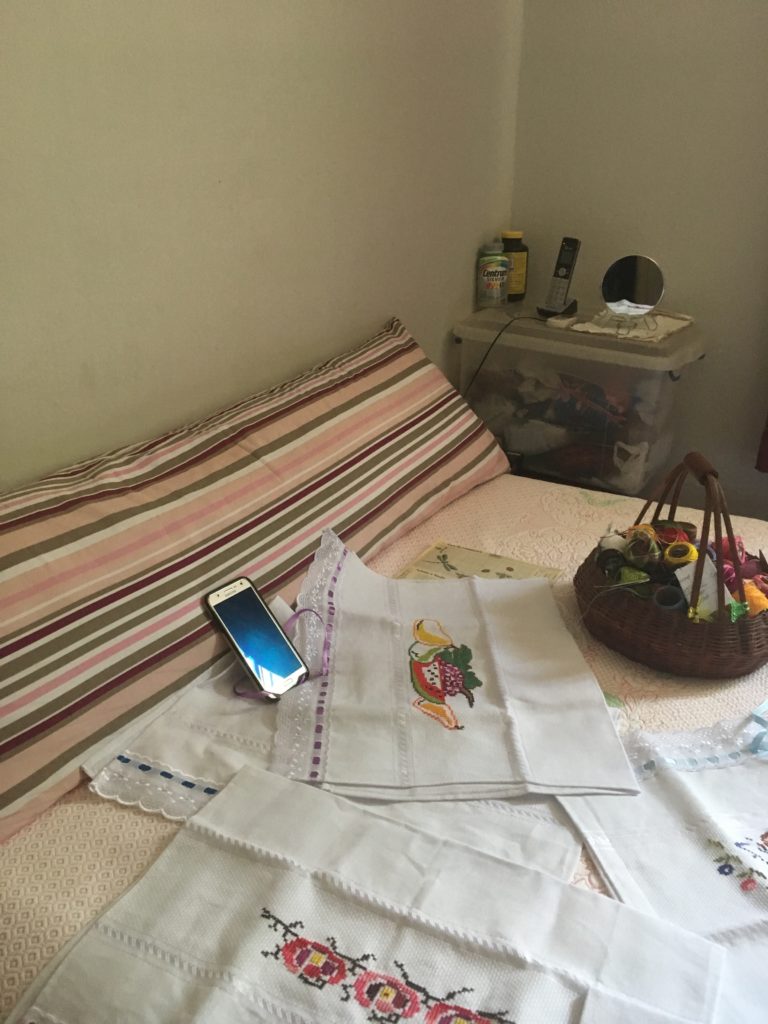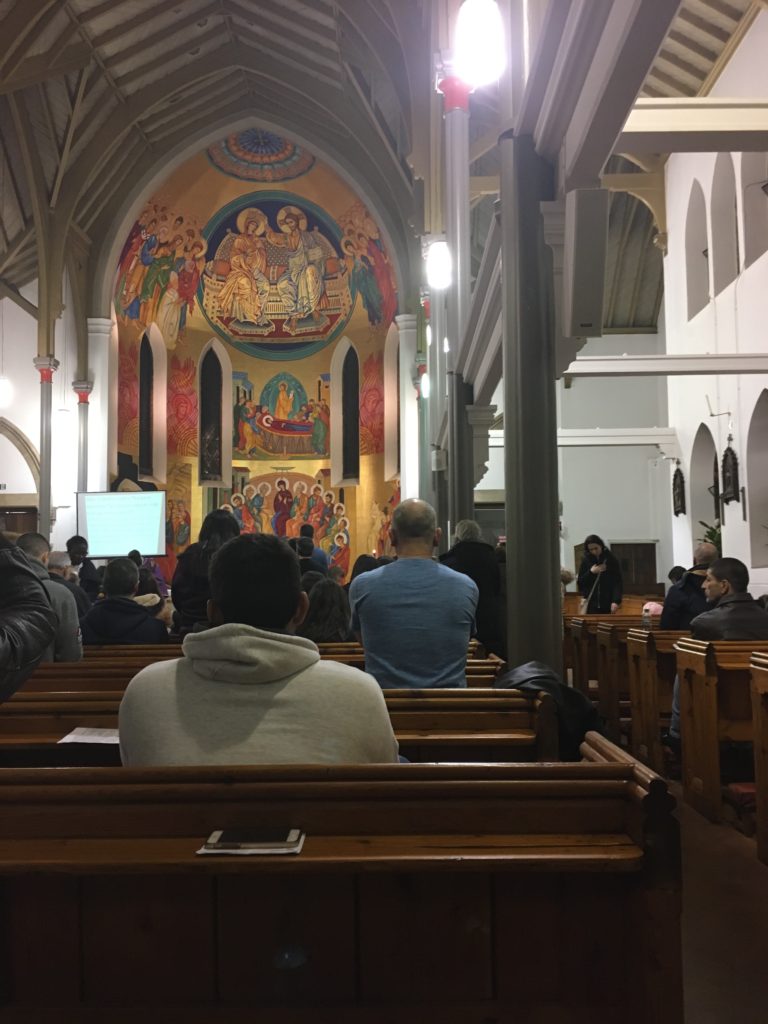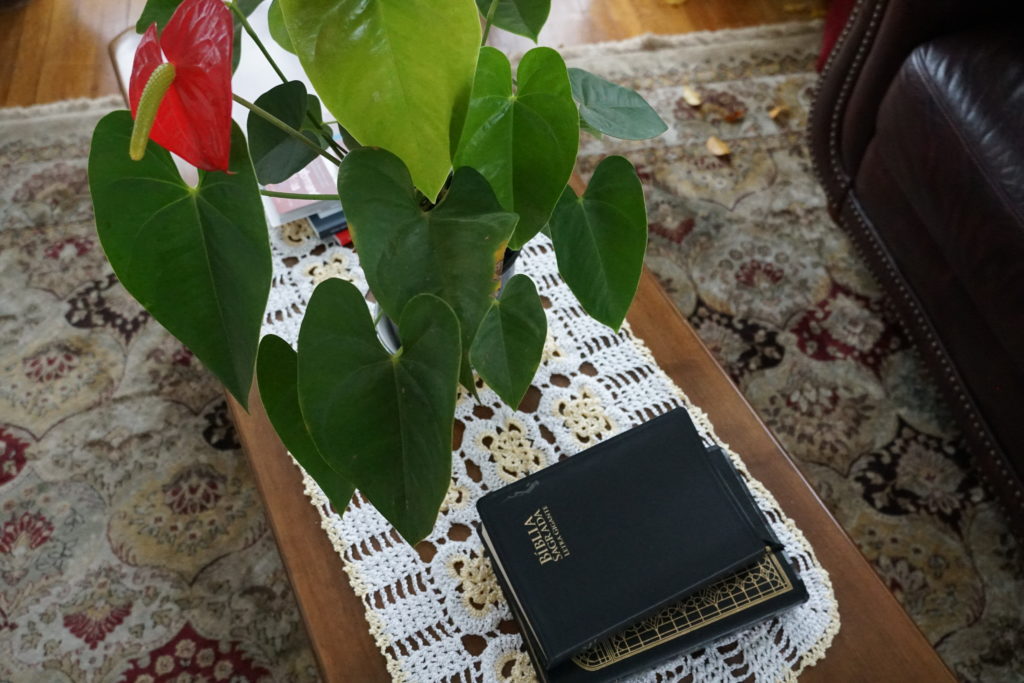In contexts of migration, hardship and stillness, transnational families enact care through various means, such as sending remittances and frequently keeping in touch. But, equally, transnational families also enact care through silence and communication voids. The experiences of Brazilian transnational families exemplify this well. Brazilian migrants in the United States curate their lives abroad and sieve (i.e. filter) their experiences as an act of care for their ageing parents in Brazil. Likewise, the ageing parents also use non-verbalised expressions of thoughts and emotions and limit the information transmitted during transnational exchanges. These processes enable the migrant adult children and their ageing parents back home to communicate their lives abroad, stripped of daily tensions and hurdles, such as difficult labour conditions, legal anxieties, and a permanent fear of deportation in the first case, and health and financial worries in the second.
When sharing emotions and concerns with family across borders is not possible or desirable, faith and religious and spiritual coping strategies can become paramount in the lives of migrants abroad. In the process of caring by silence and sieving and concealing difficult information across borders, migrants and non-migrant ageing parents rely on their faith as a coping strategy in the process of confronting and managing adversity, fighting loneliness and protecting family exchanges. Faith and, in some cases belonging to a religious community help mitigate anxiety, foster a sense of belonging, and lessen the pain of separation. Attending the culto [service] and feeling part of a community also represent ways of ‘escaping’, even if momentarily, from a reality difficult to deal with and finding support and friendship abroad through hardship.







